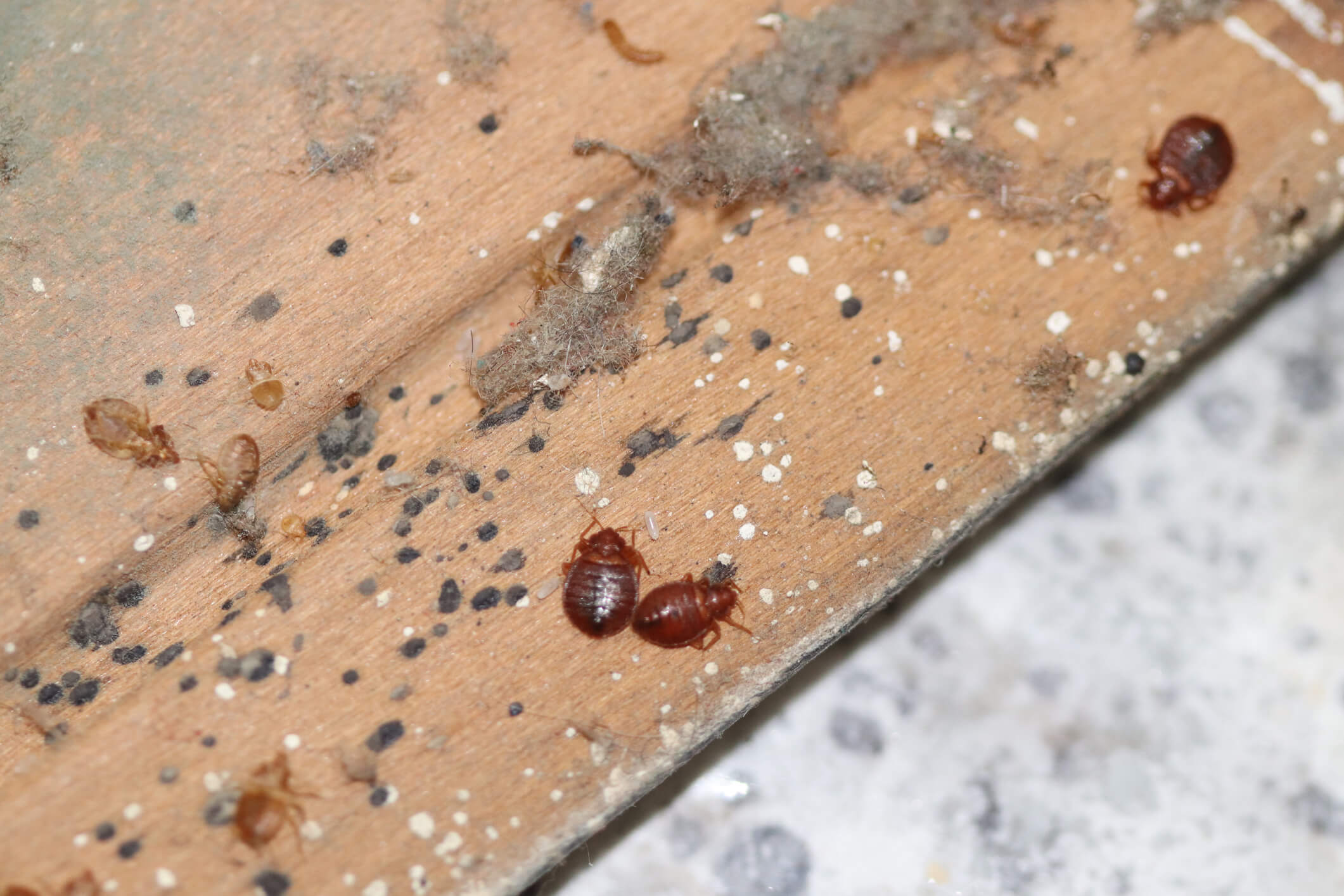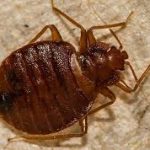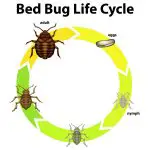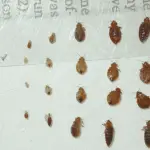Can Bed Bugs Cause Cellulitis?
Bedbug bites can cause swelling and itching. In severe cases, you may even develop hives or asthma. However, many people do not have an adverse reaction. In such cases, you should consult a doctor. You can also apply ice or a damp cloth on the area. In addition, you may want to take an antihistamine to alleviate the itching.
Researchers have found that bed bug bites can transmit a variety of bacteria. Four gram-positive bacterial species have been associated with bed bug bites. These include Staphylococcus arlettae, Staphylococcus epidermidis, Kocuria kristinae, and Micrococcus spp. These bacteria can live for up to nine days in the gut of bed bugs.
If you notice that you’re developing cellulitis, consult your doctor right away. Your healthcare provider will examine the affected area and treat the infection. Make sure you mention that the bug bite occurred recently, as this can help the doctor rule out other bacterial infections. Your healthcare provider can also monitor your condition and prescribe stronger antibiotics. If your symptoms persist, consult your doctor to see if you need to stay in the hospital. Your healthcare provider may perform a blood test to determine the cause of the infection. If you develop cellulitis, it is crucial to finish the antibiotics prescribed to you. Antibiotics can prevent the bacteria from returning.
In a study, patients with cellulitis had a greater risk of bed bug infestations than those without the infection. Additionally, patients with pneumonia and positive blood cultures were more likely to have bed bugs than those without the infection. Furthermore, patients with bed bug infections were more likely to be older, female, and black than patients without the infection. Further studies are needed to determine if these factors are causal.








